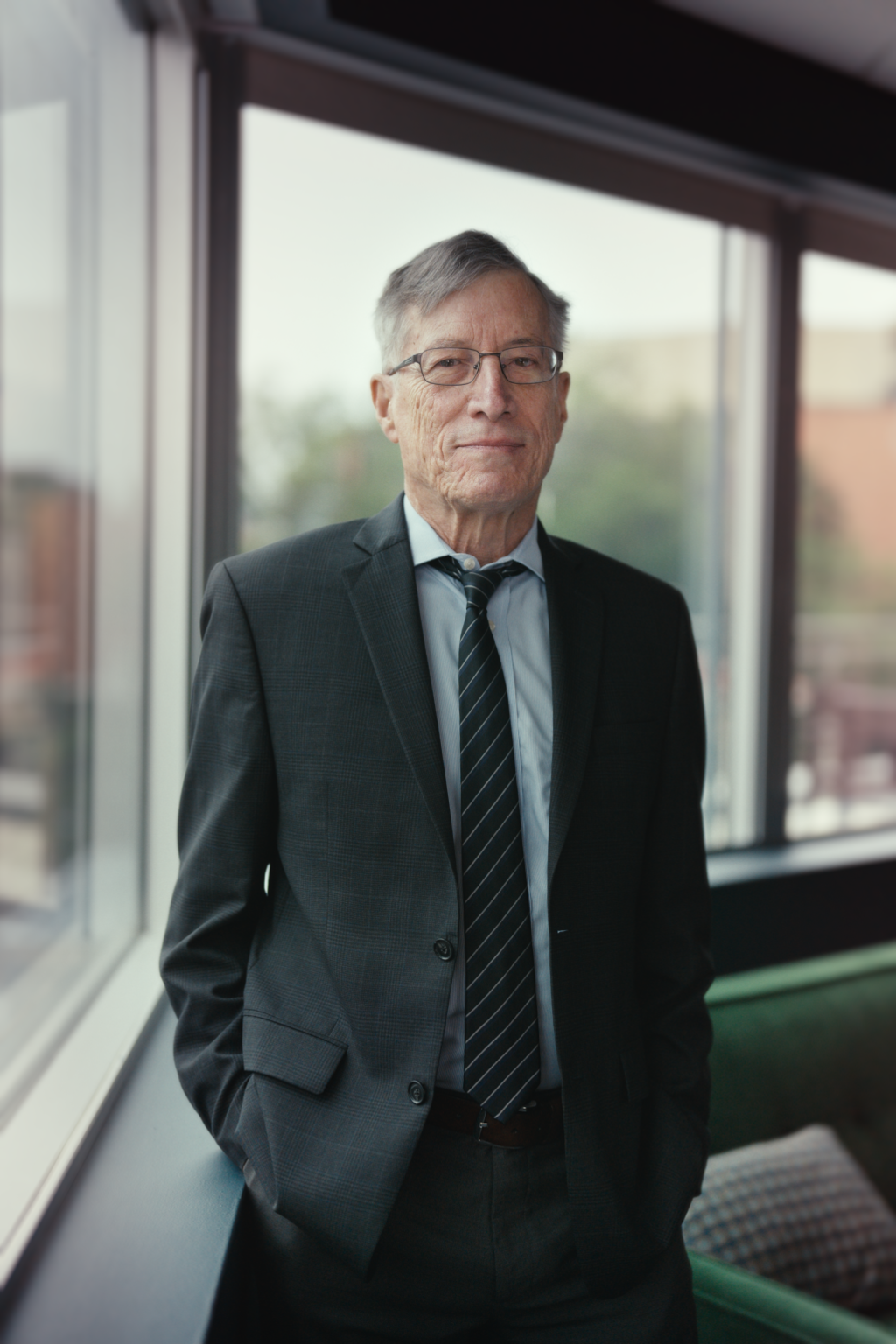Georgia-Russia Clash: A ‘Bump’ or ‘Fork’ in Road?
Stephen Sestanovich, CFR’s top Russia expert,says the fighting between Georgia and Russia is more a “war” than a “conflict,” and could have far-reaching consequences.
By experts and staff
- Published
Experts
![]() By Stephen SestanovichGeorge F. Kennan Senior Fellow for Russian and Eurasian Studies
By Stephen SestanovichGeorge F. Kennan Senior Fellow for Russian and Eurasian Studies
By
- Bernard GwertzmanVisiting Fellow
Stephen Sestanovich, CFR senior fellow for Russian and Eurasian studies, says the fighting between Georgia and Russia over the Georgian province of South Ossetia is more a “war” than a “conflict,” and could have far-reaching consequences. He says that it may well decide how the West regards Russia in the future. The United States and Europe must decide “ whether this now puts Russia in a different category, a kind of international disturber or outlaw that can’t be treated as a partner in the way that Western countries have wanted to since the end of the Cold War,” Sestanovich says.
